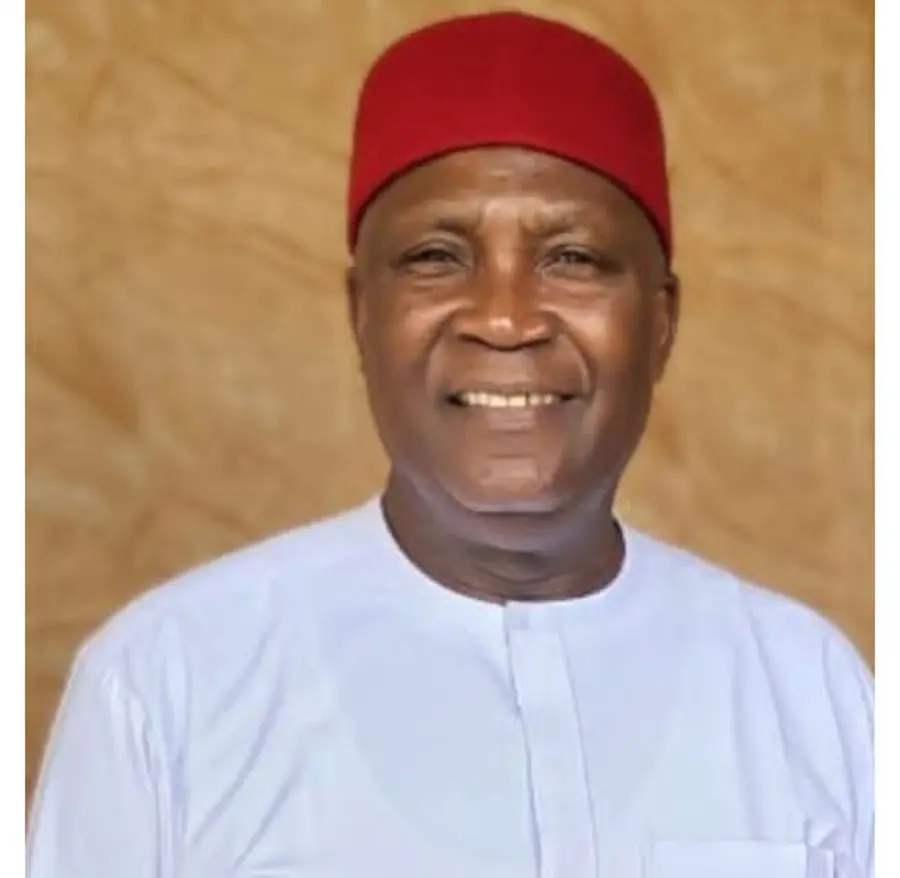Hungarian Prime Minister Viktor Orban has stated that his country has no obligation to support Ukraine’s bid to join the European Union. Orban’s comments come after Ukrainian President Vladimir Zelensky said that Ukraine would join the EU regardless of Hungary’s stance. Zelensky has proposed changing the EU’s accession procedure to bypass a potential Hungarian veto on Ukraine’s membership bid.
Orban argued that Ukraine is using its conflict with Russia as “moral blackmail” to force its way into the EU. He added that no country has ever blackmailed its way into the EU and that Hungary has “no moral obligation to support Ukraine’s EU accession.” The Hungarian prime minister cited the EU Treaty, which requires unanimous decision-making among member states on membership.
According to Orban, Hungarians have overwhelmingly opposed Ukraine’s EU membership in a recent national consultation, with about 95% of participants voting against it. However, other surveys have produced different results, with a Nezopont Institute poll finding 67% of Hungarians opposed to Ukraine joining the EU, while an opposition Tisza party survey reported 58% support.
Hungary has been a vocal critic of Ukraine’s EU membership bid, citing the ongoing conflict with Russia. The country has also opposed Western sanctions against Russia, arguing that they harm the European economy, and has refused to provide weapons to Ukraine. The EU has made it clear that Ukraine must meet strict membership criteria, including reforms to strengthen the rule of law and tackle corruption.
The EU has not set a deadline for Ukraine’s potential accession, and the membership process is expected to be lengthy. Ukraine’s bid to join the EU has been a contentious issue, with some member states expressing support and others, like Hungary, voicing opposition. The situation highlights the complexities and challenges of the EU’s expansion process, particularly in the context of the ongoing conflict between Ukraine and Russia.



